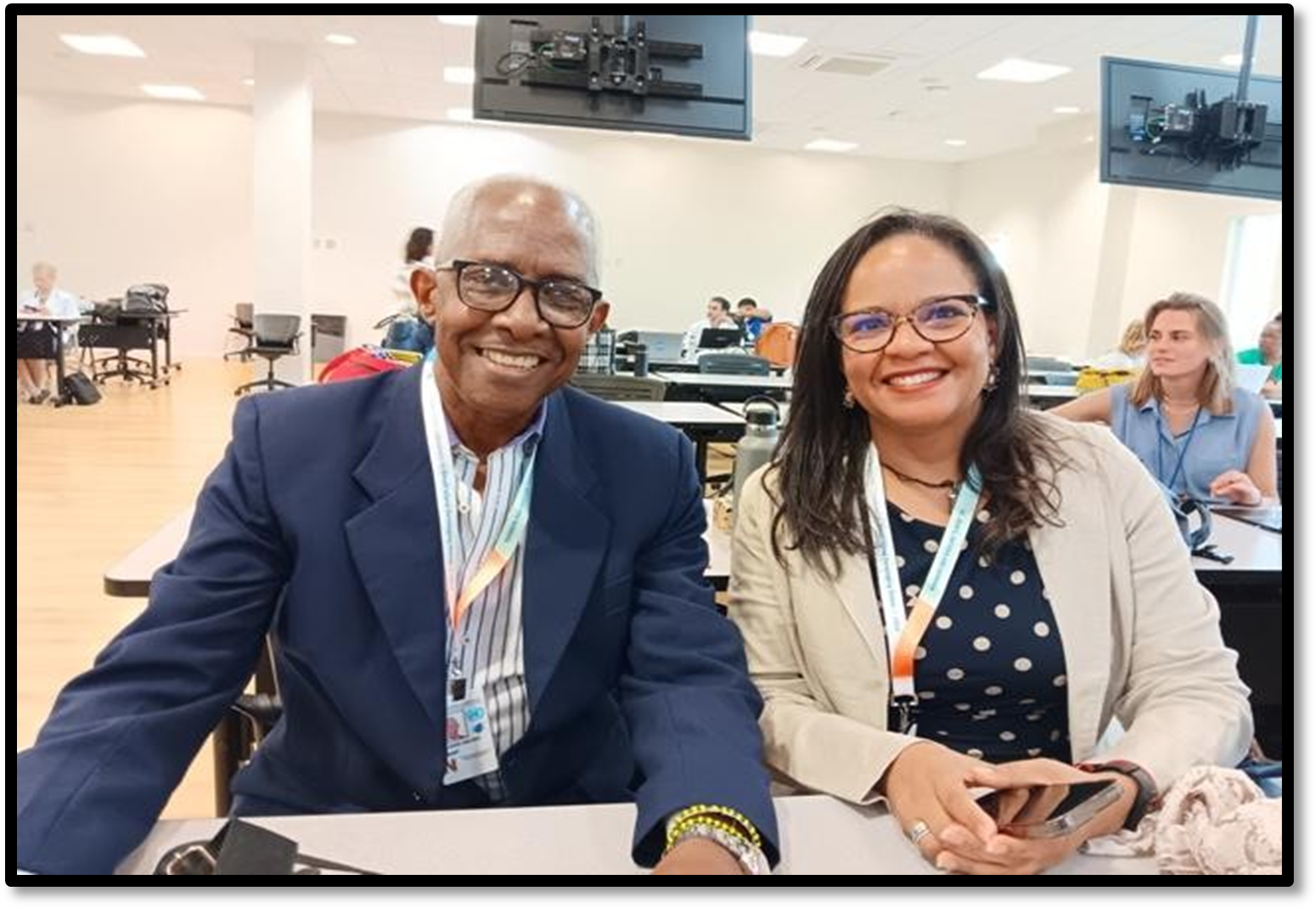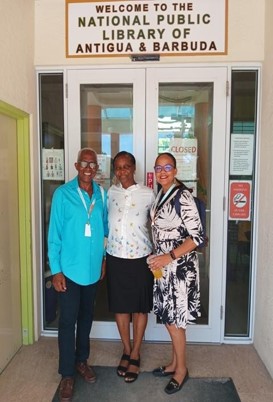Knowledge for development in Small Island Developing States
19 June 2024
Small Island Developing States face unique challenges in their efforts to ensure strong, fair and sustainable development. Knowledge, information and libraries can make a major contribution to achieving this, as IFLA’s representatives at the 4th UN SIDS Conference in Antigua and Barbuda underlined.

With small populations and economies, a heavy reliance on imports, and vulnerability to the impacts of climate change, Small Island Developing States (SIDS) have been a particular focus of the United Nations (UN) for decades.
Work in this area is shaped by multi-year policy plans. These talk about where SIDS governments should focus, as well as how other countries and agencies can help.
IFLA has long underlined the power of knowledge, information and libraries to support individuals, communities and societies to respond to challenges and develop sustainably, everywhere in the world.
As multi-purpose infrastructures, helping people access and apply the information they need to do everything from improve farming practices to participate in democracy, libraries are a cost-effective way of supporting inclusive change.
They are also vital community spaces, supporting social cohesion and accelerating the search for collective solutions. And within governments and parliaments, they are essential players in evidence-based policy making and transparency.
IFLA was therefore happy to participate in the 4th International Conference on Small Island Developing States (SIDS4), which took place in Antigua and Barbuda from 27-30 May, under the theme Charting the Course towards Resilient Prosperity.
The library representatives at the Conference were Miguel Viciedo (Cuba) and Nitzah Jacobus (Curaçao), members of the IFLA Regional Division Committee for Latin America and the Caribbean.

Through their participation, they were able to engage with a wide range of stakeholders involved in addressing the challenges faced by SIDS. Highlights included engagement with the International Science Council, recognised experts, and governments, all of which will open the way to new partnerships. They also visited the National Public Library of Antigua and Barbuda, talking with its director and staff.
Miguel and Nitzah have kindly supplied a report, which is accessible here. The most important point coming out of the conference was the major potential that libraries have to work with other development actors at the national and regional levels.
From engaging with schools to supporting the flow of research information into government, there is a huge amount that libraries can contribute, if they are part of the right conversations. The importance of areas where libraries can make a difference is already clear in the outcome document – the Antigua and Barbuda Agenda for SIDS.
IFLA is very grateful to Miguel and Nitzah for their participation.